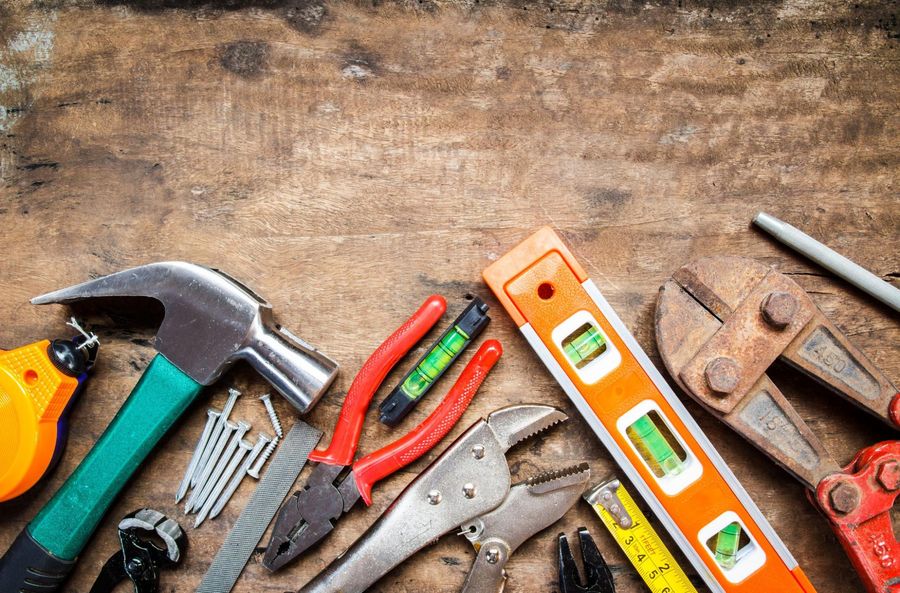Last Updated on November 26, 2024 by CREW Editorial
Buying your first home in Canada marks a significant milestone, but the process can feel overwhelming. From saving for a down payment to understanding mortgage rates, you’ll need to prepare for one of the biggest financial decisions of your life. Fortunately, Canada offers several programs and incentives designed specifically to help first-time homebuyers achieve their dreams of homeownership.
The Canadian government and various provinces provide valuable resources and financial assistance to make homeownership more accessible. Whether it’s the First-Time Home Buyer Incentive, the Home Buyers’ Plan (HBP), or provincial tax rebates, you’ll find multiple options to reduce your initial costs and make monthly payments more manageable. These programs combined with strategic planning can help you step confidently into the Canadian real estate market.
Understanding First-Time Home Buyer Programs in Canada
Canada offers multiple financial programs to support first-time home buyers at federal, provincial and municipal levels. These programs provide tax benefits, down payment assistance and rebates to make homeownership more accessible.
Federal Government Incentives
The Home Buyers’ Plan (HBP) lets you withdraw up to $60,000 from your RRSP tax-free for a home purchase, with a 15-year repayment period. The First Home Savings Account (FHSA) provides tax-free savings up to $40,000, with an $8,000 annual contribution limit. First-time buyers receive a $1,500 non-refundable tax credit through the Home Buyers’ Amount program.
Provincial and Municipal Support Programs
Ontario’s Land Transfer Tax Refund offers up to $4,000 for first-time buyers in the province. Montreal’s Home Purchase Assistance Program provides up to $15,000 for eligible buyers. Vancouver’s First-Time Home Buyer Program reduces property transfer tax on homes valued under $500,000. British Columbia offers a First Time Home Buyers’ Program with tax exemptions on properties up to $500,000.
Financial Requirements for First-Time Buyers
Building a strong financial foundation starts with determining your budget for home ownership costs. The total expenses include purchase price, property taxes (0.75% to 2% annually), closing costs, legal fees, utilities and maintenance.
Down Payment Options
The minimum down payment requirements in Canada are:
- 5% for homes under $500,000
- 5% on first $500,000 plus 10% on remaining amount for homes $500,000-$999,999
- 20% for homes $1 million or more
Mortgage Pre-Approval Process
Your mortgage pre-approval requires:
- Credit score above 680
- Proof of income (T4s, pay stubs, tax returns)
- Down payment verification
- List of assets and liabilities
- Employment verification
Key Tax Benefits and Rebates
The Canadian government offers specific tax benefits to support first-time homebuyers through various rebate programs. These incentives reduce the financial impact of purchasing your first home.
First-Time Home Buyers’ Tax Credit
The First-Time Home Buyers’ Tax Credit provides a $1,500 non-refundable tax credit on qualifying home purchases. This credit applies to closing costs including legal fees, land transfer taxes inspection fees. The credit appears on line 31270 of your tax return when filing with the Canada Revenue Agency.
GST/HST New Housing Rebate
The GST/HST New Housing Rebate returns a portion of taxes paid on newly-built or substantially renovated homes. This rebate covers up to 36% of the federal GST on homes priced under $350,000, with a gradual reduction for homes between $350,000-$450,000. Provincial HST rebates vary by location.
Essential Steps Before Making an Offer
Preparing to make an offer on your first home requires specific financial preparations and professional guidance. Here’s what to consider before submitting your offer.
Saving for the Down Payment
The minimum down payment for Canadian homes varies by purchase price:
| Home Price Range | Required Down Payment |
|---|---|
| Under $500,000 | 5% of purchase price |
| $500,000 – $999,999 | 5% on first $500,000 + 10% on remainder |
Create automatic transfers to a high-interest savings account to build your down payment fund faster.
Getting Pre-Approved for a Mortgage
A mortgage pre-approval identifies your maximum borrowing amount and locks in interest rates for 60-120 days. Online mortgage calculators help estimate monthly payments based on your down payment amount interest rate loan term.
Home Inspection Importance
A professional home inspection examines structural electrical plumbing systems to identify potential issues. This inspection uncovers hidden problems reduces financial risks protects your investment when making an offer.
Working With Real Estate Professionals
Licensed real estate agents access exclusive property listings draft legal documents handle negotiations. Your agent researches comparable sales data arranges property viewings guides you through document preparation for offers.
Common Mistakes to Avoid as a First-Time Buyer
First-time homebuyers face several potential pitfalls in the Canadian real estate market. Understanding these common mistakes helps protect your investment and ensures a smoother home-buying process.
Hidden Costs and Fees
The purchase price represents only part of the total cost of buying a home. Additional expenses include:
- Land transfer taxes ranging from 0.5% to 2% of the property value
- Legal fees averaging $1,500 to $3,000
- Home inspection costs of $300 to $500
- Property insurance premiums
- Moving expenses
Mortgage Insurance Requirements
Mortgage default insurance applies to down payments under 20% of the purchase price. The insurance rates are:
- 4% premium for 5% down payment
- 3.1% premium for 10% down payment
- 2.8% premium for 15% down payment
- Insurance costs get added to your mortgage amount
Saving Strategies for Your First Home
Saving for your first home requires strategic planning and utilizing tax-advantaged accounts. Canada offers specific savings options designed for first-time homebuyers.
High-Interest Savings Accounts
High-interest savings accounts offer premium interest rates compared to regular savings accounts. These accounts provide easy access to your down payment funds while earning competitive returns, making them ideal for short-term home savings goals.
Registered Home Ownership Savings Plan
The First Home Savings Account (FHSA) lets you save up to $40,000 tax-free for your first home purchase. Your contributions earn tax deductions similar to RRSPs while allowing tax-free withdrawals for home purchases like TFSAs.
- Use clear, direct language
- Include specific numbers and details
- Avoid unnecessary words and filler content
- Maintain a consistent second-person perspective
- Follow SEO best practices
- Connect logically with the previous context about first-time homebuyer programs
- Focus on providing actionable information
- Stay within word limits while conveying key information
- Use active voice and contractions where appropriate
Conclusion
Buying your first home in Canada is an exciting journey that’s more achievable with the right preparation and support. From federal programs like the First-Time Home Buyer Incentive to provincial tax rebates there are numerous options to help make your dream of homeownership a reality.
Remember to take advantage of tax-free savings through the FHSA and HBP while exploring local incentives in your area. By understanding the financial requirements creating a solid savings plan and working with qualified professionals you’ll be well-equipped to navigate the Canadian real estate market.
Take your time to research compare your options and make informed decisions. With careful planning and the various programs available you can confidently step into homeownership and begin building equity for your future.









